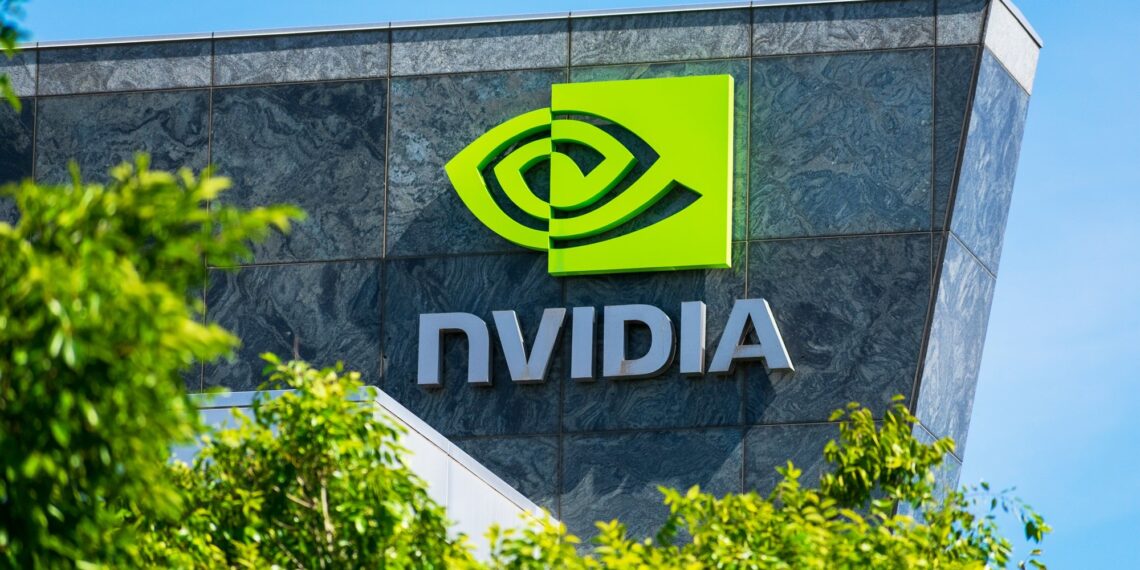Nvidia’s announcement of a $5.5 billion revenue hit from tightened U.S. export controls on AI chips led to a 6% drop in its shares and those of rival AMD on Wednesday. The controls, targeting chips like Nvidia’s H20 and AMD’s MI308, address risks of diversion to Chinese supercomputers, per a Nvidia regulatory filing. AMD estimated an $800 million charge for inventory and commitments. The Commerce Department confirmed the indefinite licensing requirements, emphasizing national and economic security per President Trump’s directive.
Asian tech firms also slumped, with Japan’s Advantest falling 6.7%, Disco Corp. dropping 7.6%, and Taiwan’s TSMC declining 2.4%. The restrictions follow Senator Elizabeth Warren’s urging to curb exports of advanced AI chips to China, citing risks amplified by platforms like DeepSeek. Former President Joe Biden’s controls omitted H20 chips, but Trump’s team signaled a tougher stance, with temporary tariff exemptions for electronics set to evolve into a semiconductor-specific policy.
Nvidia’s shift to produce AI supercomputers in Arizona and Texas, backed by a half-trillion-dollar investment, aims to bolster U.S. manufacturing. However, the export curbs disrupt global supply chains, impacting chipmakers and tech giants reliant on AI infrastructure. The market reaction underscores investor concerns about trade policies and China’s AI ambitions, with ripple effects across the tech sector as companies navigate escalating geopolitical tensions.










